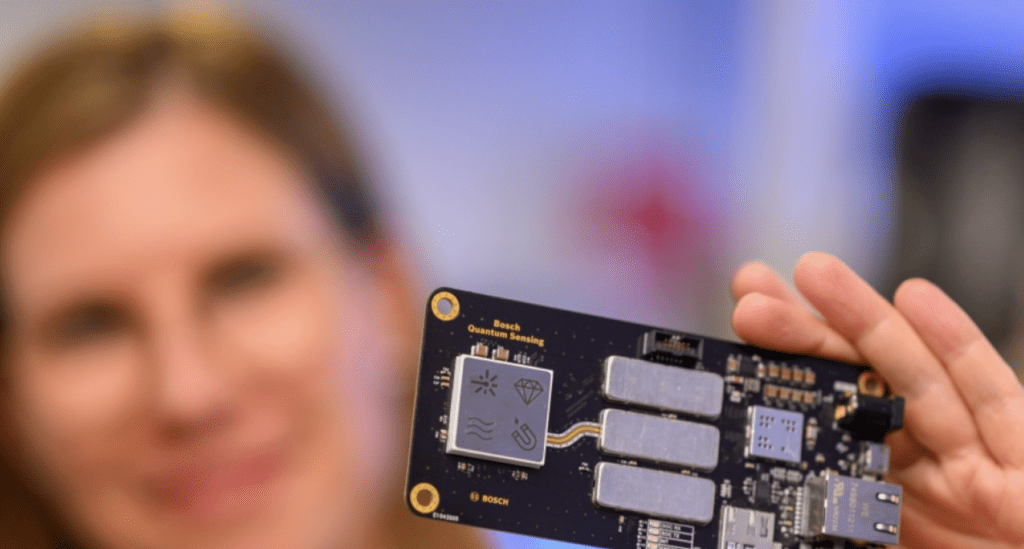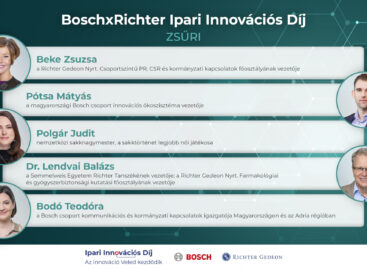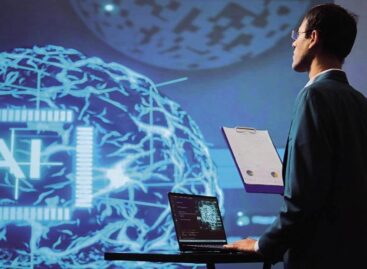Quantum technology is no longer just theory – Hungary’s experts gather at the Bosch campus
The Bosch Budapest Innovation Campus hosted a professional workshop that brought together key players in Hungary’s quantum technology scene. The event was held as part of the Quantum Informatics National Laboratory Workshop 2025 and aimed to demonstrate that quantum technology is on the verge of industrial reality, not merely a scientific vision.
 A new era is beginning
A new era is beginning
The evolution of computing has already transformed our lives—but quantum technology promises an even greater leap. Developments in quantum communication, quantum computing, and quantum sensing may soon appear in industry, diagnostics, and transportation.
Collaboration at the forefront
The mission of the Quantum Informatics National Laboratory is to unite Hungarian research groups and launch coordinated developments. Currently, twenty internationally recognized teams of physicists, mathematicians, IT experts, and engineers are working across Hungary. Bosch is a leading supporter of these efforts.
Dr. István Szászi: “The time for practical applications is now”
“Quantum technology holds enormous potential, and over the past decade, Bosch has become a key player in this field. We are proud to host this workshop, as our goal is to bring theoretical results into industrial practice as swiftly as possible,” said Dr. István Szászi, Representative of the Bosch Group in Hungary and the Adriatic region.
Quantum sensors in Bosch’s focus
Bosch Quantum Sensing developments use synthetic diamonds in sensors that could revolutionize EKG diagnostics, battery charge measurement, navigation, and even mineral exploration. The aim is to create miniaturized sensors that can be embedded into chips and scaled to mass production.
HUN-REN Wigner RCP: Towards new quantum hardware
The HUN-REN Wigner Research Centre for Physics is working on creating an atomic-based quantum lab and developing new methods for benchmarking quantum computers. Their hybrid quantum algorithms may significantly accelerate the transition to industrial use.
BME: Building the quantum internet
Budapest University of Technology and Economics (BME) is developing a domestic quantum communication network that can later be linked to the EU’s planned quantum internet. This project may position Hungary as a strategic player in quantum security and remote quantum computing connectivity.
ELTE: Quantum optics and software
Eötvös Loránd University (ELTE) is developing photonic components for quantum computers in its quantum optics lab. It is also working on quantum-secure protocols and software tools capable of handling the cybersecurity challenges posed by new hardware types.
Technology that brings the future closer
Quantum technology plays a central role in Bosch’s long-term strategy—not only as an innovation frontier but also as a driver of real industrial solutions and improved quality of life. Based on the workshop discussions, one thing is clear: Hungary has a strong chance of becoming a regional quantum technology hub.
Related news
The future doesn’t wait: Bosch and Richter are looking for a new generation of innovators
🎧 Hallgasd a cikket: Lejátszás Szünet Folytatás Leállítás Nyelv: Auto…
Read more >The development of artificial intelligence may pose a challenge, according to an international survey
🎧 Hallgasd a cikket: Lejátszás Szünet Folytatás Leállítás Nyelv: Auto…
Read more >








